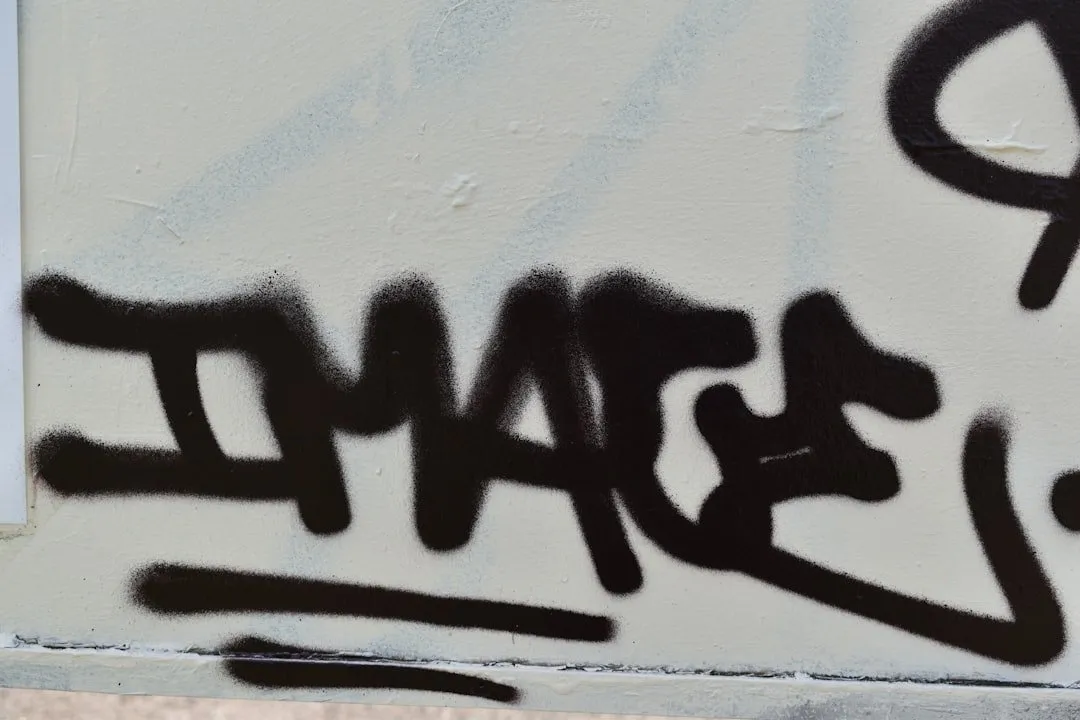Kratom, derived from Mitragyna speciosa, is an herbal remedy with potential in addiction treatment due to its opioid properties. Its legality varies globally; in Indiana, USA, it's legal under specific conditions with less than 0.3% THC, reflecting a balanced approach to safety and benefits. While not FDA-approved, Kratom's promise as a complementary tool in recovery has sparked interest in Indiana, where it's regulated to ensure safe usage alongside traditional addiction treatment methods.
Kratom, derived from the tropical tree Mitragyna speciosa, has emerged as a potential tool in addiction treatment. This natural herb shows promise in helping individuals navigate their recovery journey, particularly in Indiana where understanding its legality is paramount. This article delves into the science behind kratom’s role in addiction treatment, guides you through Indiana’s kratom legality landscape, and offers practical tips for integrating this alternative approach safely and effectively into your recovery plan.
- Understanding Kratom's Role in Addiction Treatment
- Exploring Kratom Legality in Indiana: What You Need to Know
- Recovery Journey: Integrating Kratom Safely and Effectively
Understanding Kratom's Role in Addiction Treatment

Kratom, a natural herb derived from the Mitragyna speciosa plant, has gained attention for its potential role in addiction treatment and recovery. Its primary active compounds, mitragynine and 7-hydroxymitragynine, offer therapeutic effects that can aid individuals struggling with substance use disorders. Research suggests that kratom’s opioid properties can help alleviate withdrawal symptoms, reduce cravings, and promote relaxation, making it a valuable tool in the arsenal of addiction treatment strategies.
In terms of kratom legality, the status varies across regions. For instance, in Indiana, USA, kratom is legal for both personal use and sale, as long as it contains less than 0.3% THC. This legislation reflects a growing acceptance of kratom’s potential benefits while ensuring safe and responsible usage. Understanding the science behind kratom and its regulatory framework is crucial for individuals seeking alternative treatment options and for healthcare professionals considering integrating herbal remedies into care plans.
Exploring Kratom Legality in Indiana: What You Need to Know

In Indiana, the discussion around kratom’s legality has evolved over time. While it’s important to note that kratom is not approved by the FDA for medical use or addiction treatment, its potential as a complementary tool in recovery has sparked interest among healthcare professionals and individuals seeking alternative solutions. The current legal status of kratom in Indiana allows for limited access under specific conditions.
Kratom is legal to possess and use in Indiana, but it’s subject to certain regulations. The state’s law differentiates between mitragynine (the active compound in kratom) and other controlled substances. This distinction enables individuals to purchase and use kratom products containing low concentrations of mitragynine for personal use, typically in herbal form. However, selling or distributing kratom with higher mitragynine content is prohibited, reflecting Indiana’s effort to balance potential benefits with public safety concerns.
Recovery Journey: Integrating Kratom Safely and Effectively

Kratom has emerged as a potential tool in the addiction recovery journey, offering a safe and effective alternative for managing cravings and withdrawal symptoms. However, integrating kratom into a recovery plan requires careful consideration and expert guidance, especially given its legal status varies across states, including Indiana. In Indiana, kratom is currently legal but subject to regulation, with specific restrictions on sale and possession. Understanding local laws is crucial before utilizing kratom for addiction treatment to avoid any legal repercussions.
For safe and effective integration, individuals should consult healthcare professionals or specialized addiction treatment centers that can provide personalized guidance. These experts can help determine the appropriate dosage, strain selection, and combination therapies to optimize results while minimizing risks. By combining kratom with traditional recovery methods like therapy, support groups, and lifestyle changes, a holistic approach to addiction treatment becomes feasible, enhancing the chances of long-term success in recovery.
Kratom has emerged as a potential tool for addiction recovery, offering a natural alternative for managing withdrawal symptoms. However, navigating its use requires careful consideration, especially regarding the current legal landscape in Indiana. Understanding both the benefits and risks is crucial for those seeking to integrate kratom into their recovery journey. Staying informed about local regulations, such as kratom legality in Indiana, ensures safe and effective use of this complementary approach while adhering to legal boundaries.














